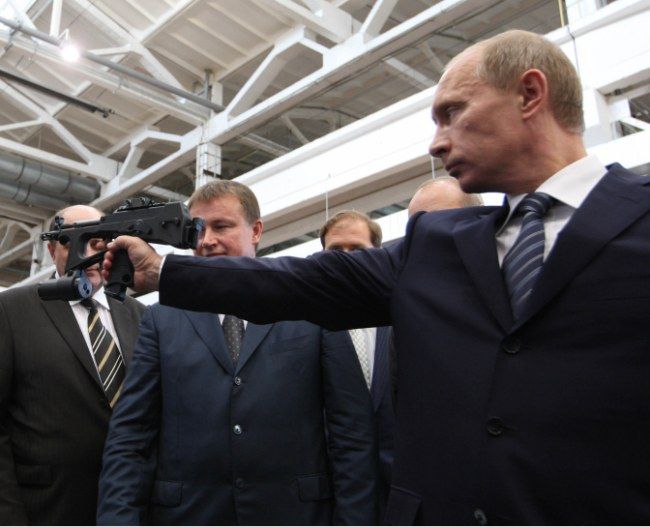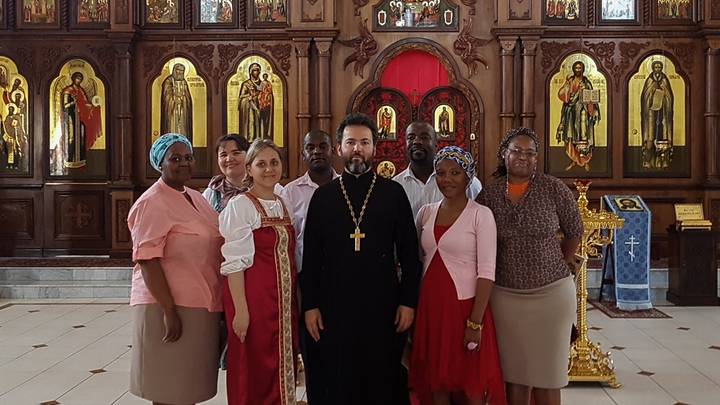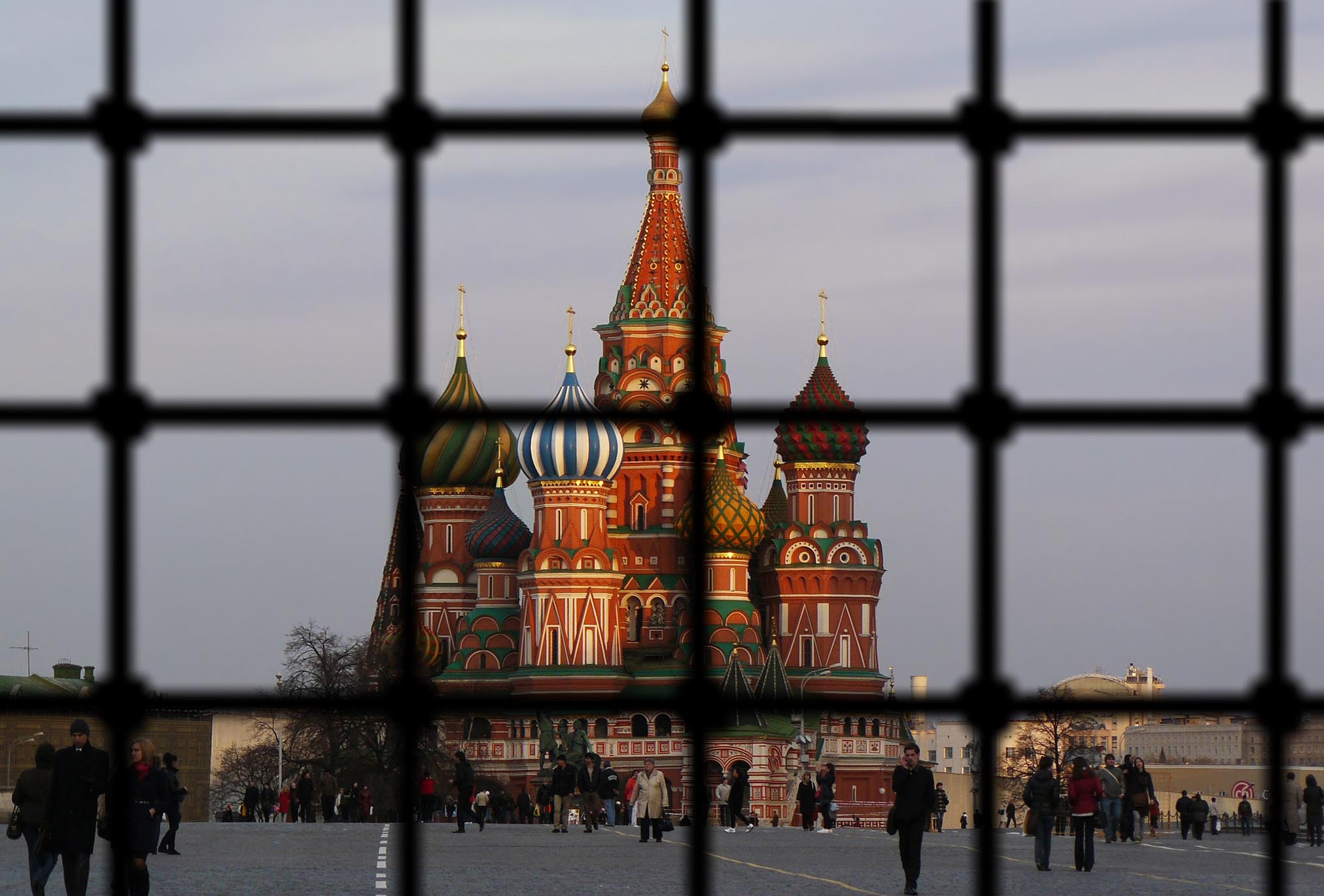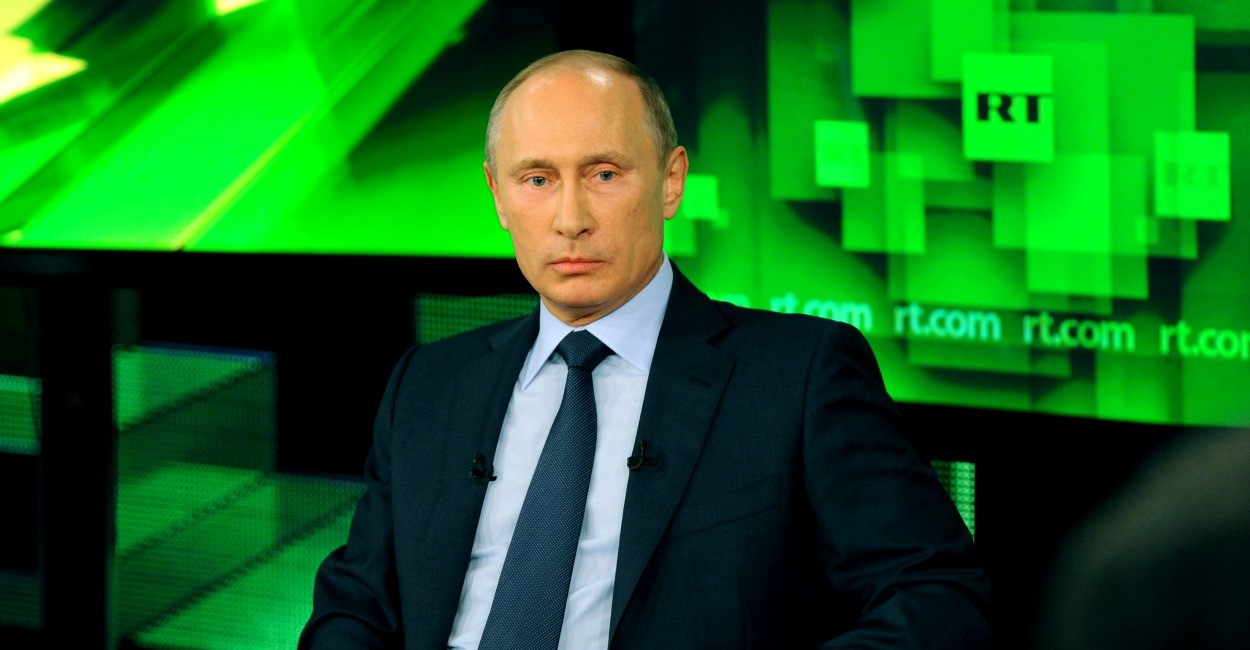In a series of publications, Euromaidan Press publishes translations and summaries from Dossier Center reports and investigations. The reports describe the rebirth of the FSB from a state organization that had to ensure the security of society to a semi-criminal structure that has appropriated the functions of a "second government" and is invading all spheres of public and state life.
"State security agencies have always been an instrument of the supreme power of the existing political regime… [In the 1990s] the security services stopped monitoring latent processes in the socio-political and ethnonational areas. Which was a mistake. The current rampant terrorism in the country is one of the consequences of this,"
said Nikolai Patrushev, former FSB director, Putin’s right hand, and since 2008 secretary of the Security Council of the Russian Federation, already in 2002.
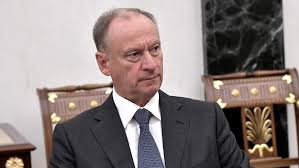
18 years later Russian FSB not only corrected the mistake and started “monitoring latent processes in the socio-political and ethnonational areas” but also cemented Putin’s authoritarian regime. The key to understanding the current role of FSB in contemporary Russia is its origin from the Soviet KGB that in the 1990s underwent a severe transformation and erosion of ideology.
The сontemporary FSB differs from the Soviet KGB in its tasks, methods, and opportunities for corrupt activities. The secret service in its current form is not the guard of communism or other ideology, but the president's personal guard that carries out targeted rather than mass repressions. FSB is no more a totalitarian structure of ideological control but didn’t become better, servicing personal rather than ideological goals of authorities and FSB personnel themselves.
- Read also: FSB tortures detainees in occupied Crimea as law enforcement goes Soviet-style, UN report confirms
FSB is a de facto successor of Soviet KGB, history, symbolism, and personnel prove
The de jure continuity between the secret services was broken. In the early 1990s, there was an attempt to reform the KGB that was no longer needed in its old form after the collapse of the Soviet Union and the creation of the Russian Federation.
However, already in January 1992, President Yeltsin attempted to establish the Russian Ministry of Security and Internal Affairs as a single superdepartment. That decision demonstrated Kremlin's intention to rely on the strengthening of the secret services and the old power of Soviet security services in a difficult socio-economic situation.
On 12 April 1995, Yeltsin officially created the FSB. It gained power similar to that of the KGB.
Unlike the KGB, the modern Russian secret service was not engaged in foreign intelligence and protection of the country's leadership.
At the same time, the FSB gradually restored and intensified the structures of the "political investigation", which resulted in the creation of a department for the protection of the constitutional order and terrorism prevention -- FSB's second department that is behind the majority of political repressions.
Instead of steps to completely abolish the old state security agencies and create fundamentally new Russian special services under the control of parliament and civil society, the country's leadership took a number of partly correct but one-legged measures to cut some departments of the KGB, and they proved insufficient.
Many ordinary KGB functionaries also took an active part in the formation of the Russian FSB, and many of them moved to the new structure.l The FSB was created on the material basis of the KGB, it inherited the infrastructure, archives, agency and much more. The institution of the KGB's supervision of state structures was also not completely abolished in the FSB.

A rebranding and declaration of democratic and liberal values by the FSB at first formally differentiated it from KGB. However, over time, FSB officers began to increasingly identify with their predecessors.
For example, the history of the Russian special services on the FSB website is counted since the establishment of the Cheka – the first Soviet secret police -- in 1917. After the transition to the OGPU, NKVD, and KGB, the history of Russia's special service is continued by the FSB. Popular emblems distributed among FSB personnel dedicated to the 100 anniversary of the creation of Cheka-KGB-FSB prove this.

One more example is that monuments to Felix Dzerzhinsky
are regularly unveiled in regional offices of contemporary FSB in Russia.
Felix Dzerzhinsky was the founder of the Cheka – the first Soviet secret police. Having persecuted many victims of the communist regime, Dzerzhinsky had to be condemned in a truly democratic state.
Instead, in the best case, his monuments were moved from central squares in Russian cities to the departments of the FSB. In other cases, new monuments to Dzerzhinsky were unveiled.

In particular, in the age of “the end of ideologies,'' ideology is officially declared a personal issue of FSB employees. And the logic of the market has deeply penetrated FSB.
FSB – the same Soviet KGB with personal instead of ideological motivation
The general level of repressions in modern Russia remains significantly lower than it was in the USSR.
Nevertheless, repressions against members of the political and business elite approach that of the Stalinist period.
The main threat from the FSB comes from the internal transformation of the secret service, as a result of which it is no more a political tool in the hands of the communist party but became an independent source of political decisions.
The KGB was always under some control of the ruling party.
The erosion of ideological motivation among the KGB personnel marked the early 1990s. This situation is described by a source of the Dossier Center (s50), who served in the KGB's First General Directorate.
According to the source, the KGB was totally ideological and its employees were convinced that there was a threat to the security of the USSR from other countries. In addition, the Soviet secret service was characterized by a high discipline of officers.
Arriving back in Russia in the 1990s, after several years of service in the United States, the source noted a clear decline in both moral and professional levels - for example, the transfer of documents was conducted almost without planning and compliance with conspiracy measures, unlike just a few years earlier.
Altogether, the KGB has always been part of a broader "repressive whole," an element of the system created by the Bolsheviks, as well as an important but one of the many tools for maintaining the viability of the communist state. The FSB, which fell out of the "ideological field", itself became a system-forming center, a new and main fulcrum of power.
FSB – a KGB for business
The other transformation of the 1990s is that FSB, unlike the KGB, obtained the opportunity to actively intervene in the economy and reap significant benefits.
After the collapse of the Soviet Union, tens of thousands of not-dismissed members of Russia's special services continued to have at their disposal, albeit temporarily, an unbalanced but powerful apparatus of violence. The state, which was in deep crisis in the early 1990s, in turn, was unable to maintain a decent standard of living for security personnel, and often simply could not provide them with a living wage. In such circumstances, the temptation to use force for personal purposes was extremely great.
From the other side, private business suffered from criminal lawlessness, urgently needed protection, and had sufficient means to pay for that protection.
Under these conditions, the inevitable commercialization and criminalization
of the service began.
In particular, this process was headed by KGB and then FSB colonel Vladimir Putin in Sankt-Petersburg. It was this city that in the 1990s served as a small test-version of what in the 2000s would finally become an FSB-controlled Russian Federation.



